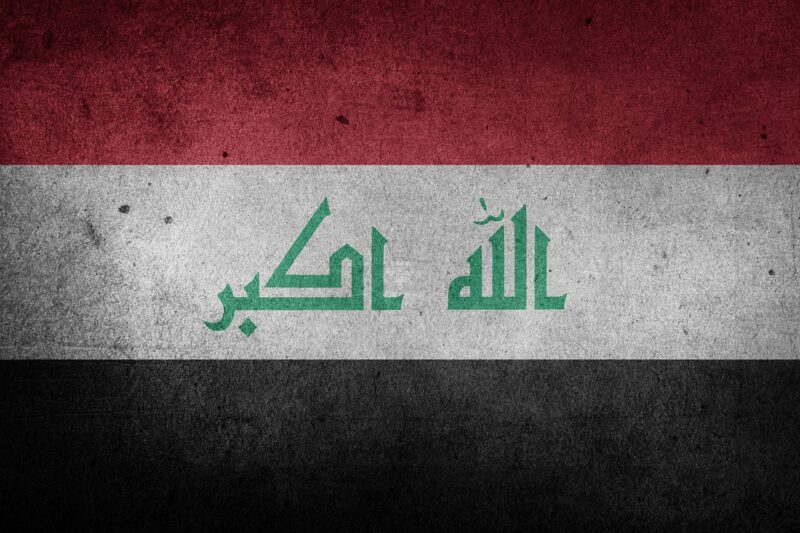Thousands of protesters took to the street of Iraq to acknowledge the one year anniversary since a second wave of anti-government protests swept through Iraq.
The 2019 protests, tagged as the ‘October Revolution,’ mainly made up of unemployed young men, demanded more jobs, better public service, and an end to a government infected with corruption. These unmet demands led the way for the recent protests that have so far killed 60 people in a clash against police and civilians.
Both sides of the clash utilized weapons such as stun grenades and tear gas against the backdrop of the Tigris River, as protesters fought to enter the Green Zone, a heavily fortified area in the center of Iraq’s capital and off-limits to civilians. Demonstrators rose up in the many cities including Najaf, Nasiriyah, and Basra; all following the epicenter of the movement in Baghdad.
Prime Minister of Iraq Mustafa al-Kadhimi, a strong and sympathetic supporter of the protest, assumed office in May after his predecessor, Adil Abdul-Mahdi, was forcibly removed by last year’s coup. The prime minister responded to the demands by pledging to hold fair elections while promoting democracy and gave orders to law enforcement to avoid the use of firearms.
The voices of protesters chanted, “Our blood, our souls, we sacrifice for you Iraq,” through the capital’s Tahrir Square. “Our demands that we wrote with the blood of our martyrs are still on the lists of officials, without implementation,” said Mustafa Hussein, a second-round protester. “The only way to tackle corruption in Iraq is by scratching the surface,” said Michael Knights, a senior fellow at the Washington Institute for Near East Policy. “There is no silver bullet. You can be doing the most that is possible to do and you’re still just scratching the surface.”
Peace cannot be accomplished until a level of power is given to the people and accountability replaces corruption throughout all branches of government. The 2019 Corruption Perception Index places Iraq among the world’s highest corruption ranks. The recent demonstrations showed the steadfast agility of the movement, after being physically silenced by the coronavirus pandemic for months. The late 2019 ‘October Revolution’ reached a historic number of participants leaving 600 protesters killed and 30,000 injured due to protest-related violence. Many blame former Prime Minister Adel Abdul Mahdi for the continued years of poverty.
Since the May appointment of current Iraqi Prime Minister Mustafa al-Kadhimi, commitment to various tasks has been shown in support of protesters. Khadimi replaced senior officials at main border ports, including an important checkpoint for oil, with a garrison that rotates every couple of weeks so as to prevent manipulation of the system. Many arrests have been made including three senior Iraqi financial officials, Agricultural Bank Director, and the head of Baghdad’s Investment Commission. Khadimi also set up a special committee that he will lead to investigate cases of exceptional crimes.
The public and leaders have shown mixed reactions about Khadimi’s leadership. Some people say the bold actions will prevent corruption and promote honesty. Critics have said that Khadhmi’s efforts will be inconclusive as Iraq has a committee focused on many different issues and there has still been no change. While others have commented that the prime minister’s efforts are too safe by arresting those who lack political backing. It is also a concern that many lawmakers will not like anti-corruption efforts within their own circle.
Given the history of Iraqi protests, it is unlikely that momentum will die down without change. Permanent change that yields results must take over lip-talk and theft in order for Iraq to heal.
- Hope Drowns On Rubber Boat – Another 15 Libyan Migrants Dead - March 7, 2021
- “No More Fear” – Youth Of Tunisia Fight For Their Future - February 25, 2021
- Twin Bombing Incinerates Afghanistan’s “Safe” City - December 13, 2020


